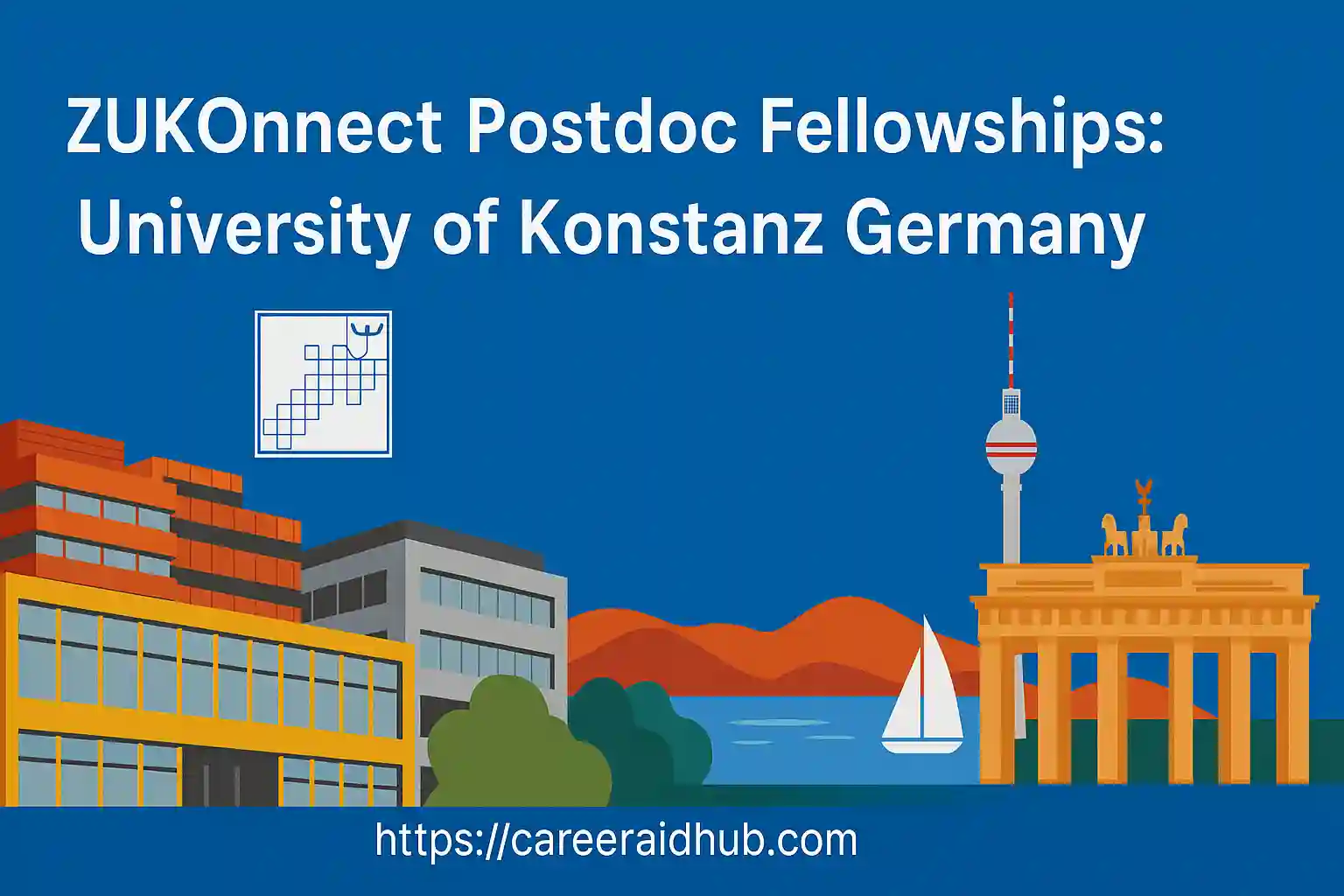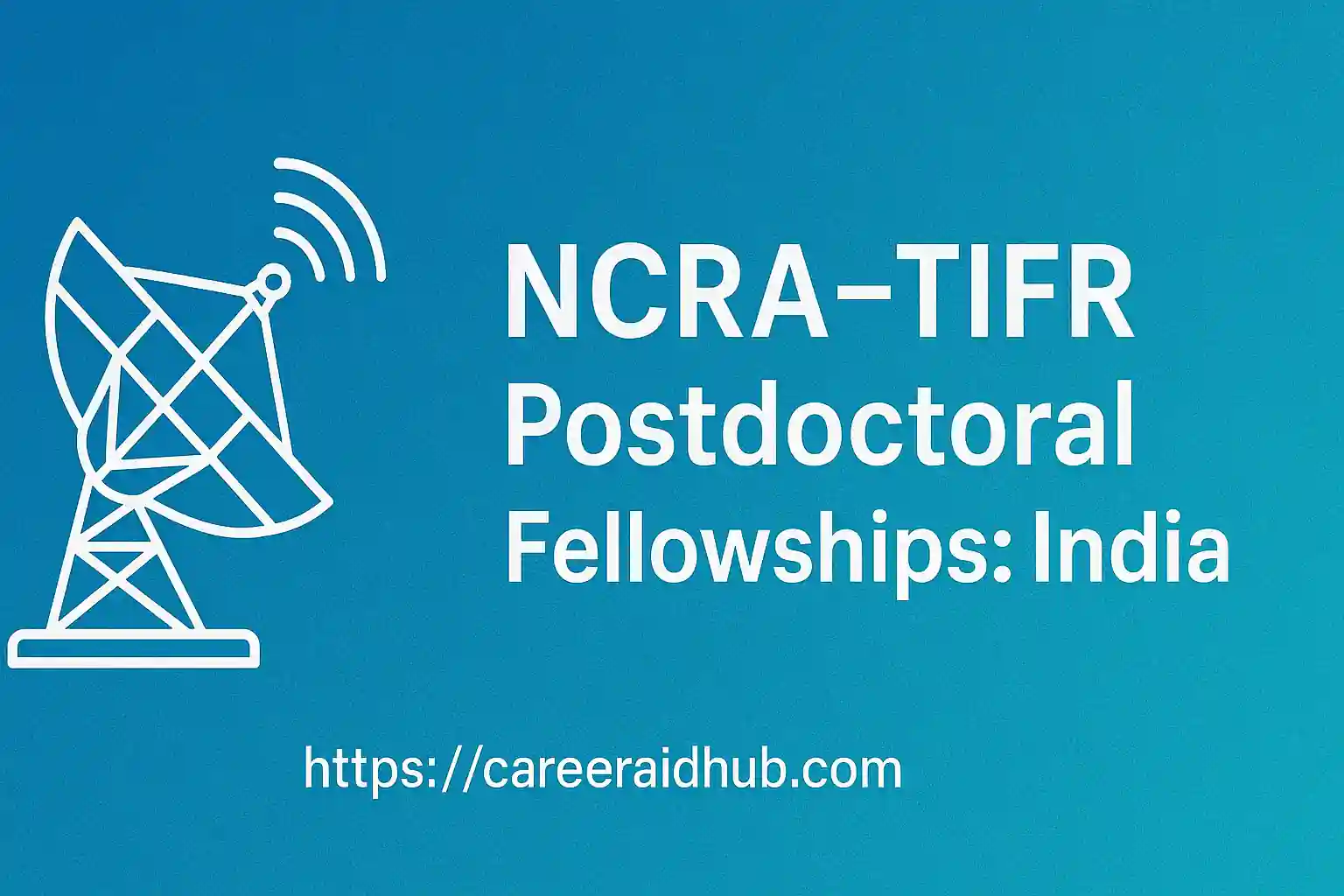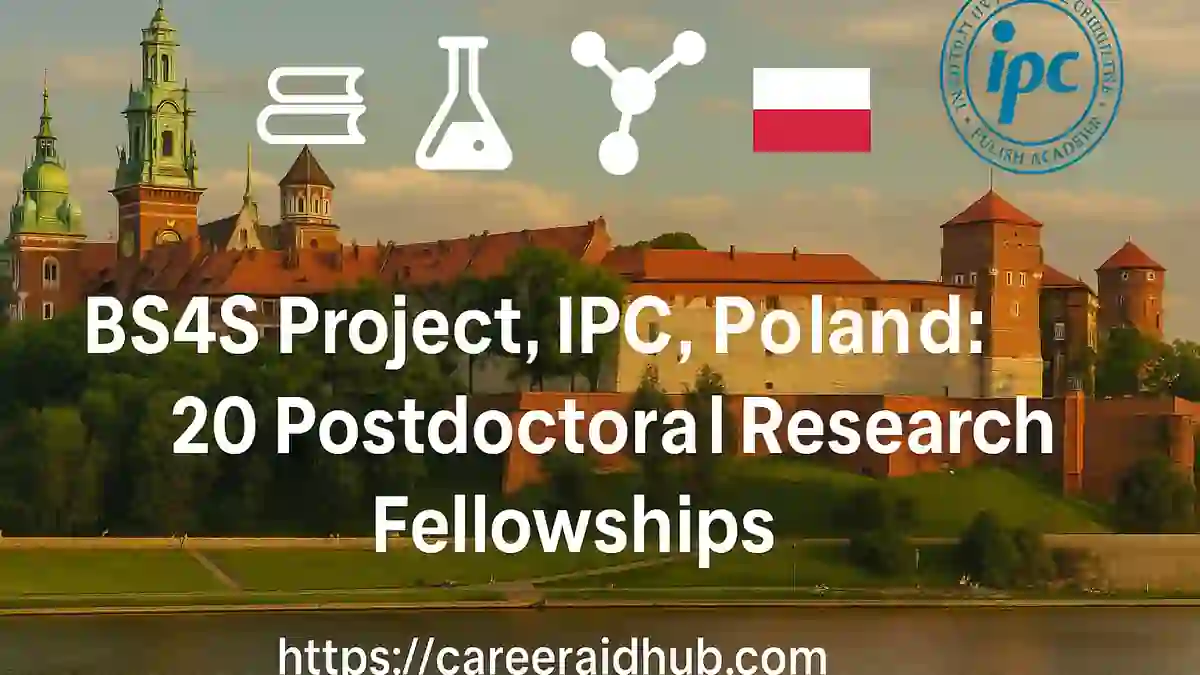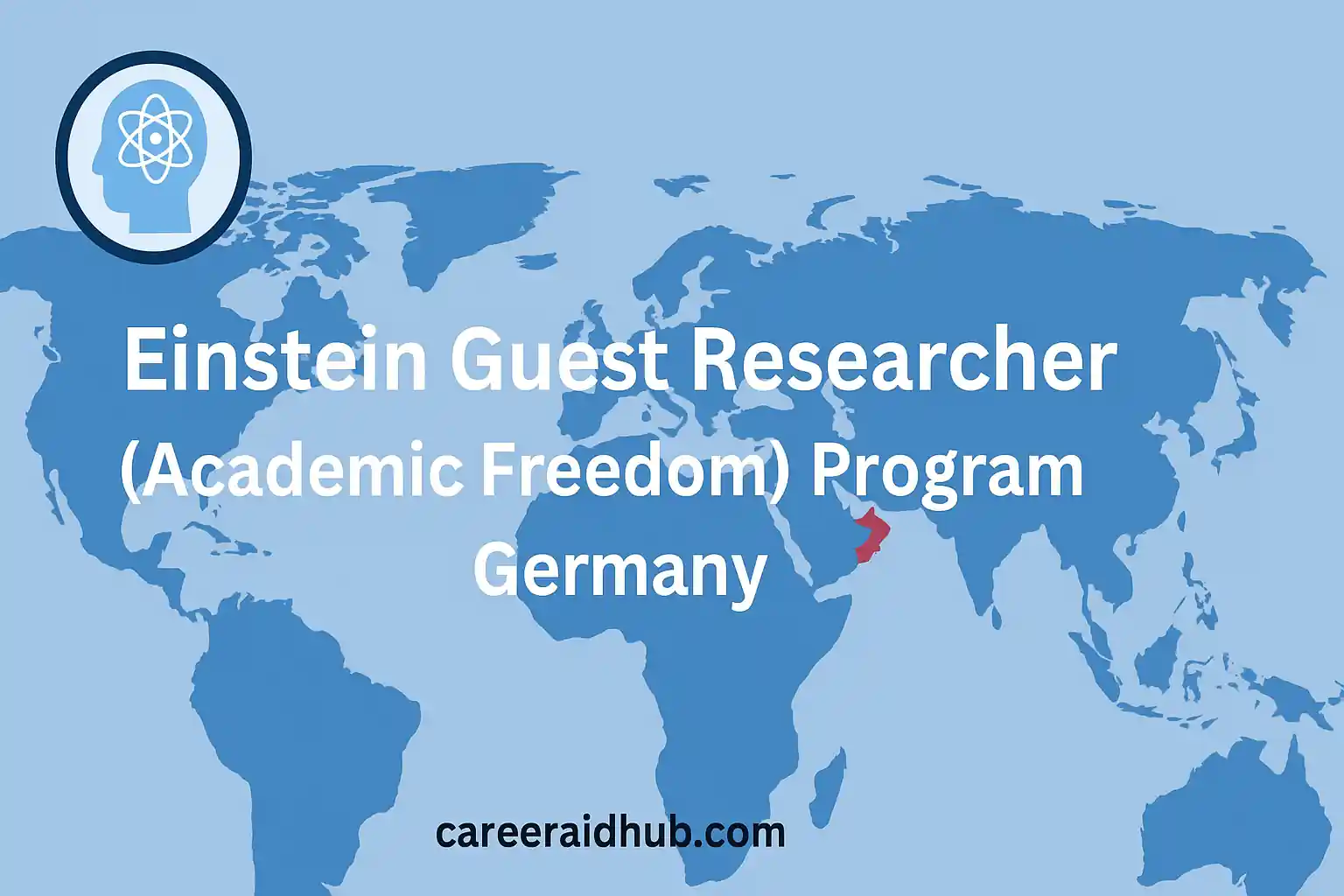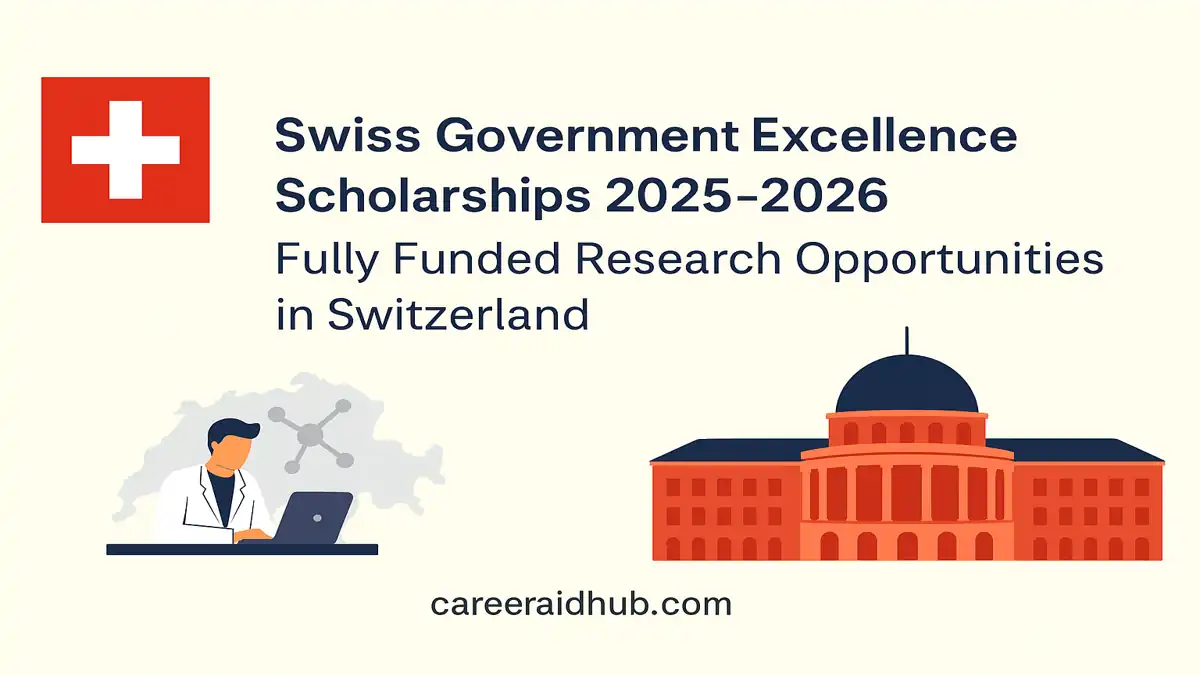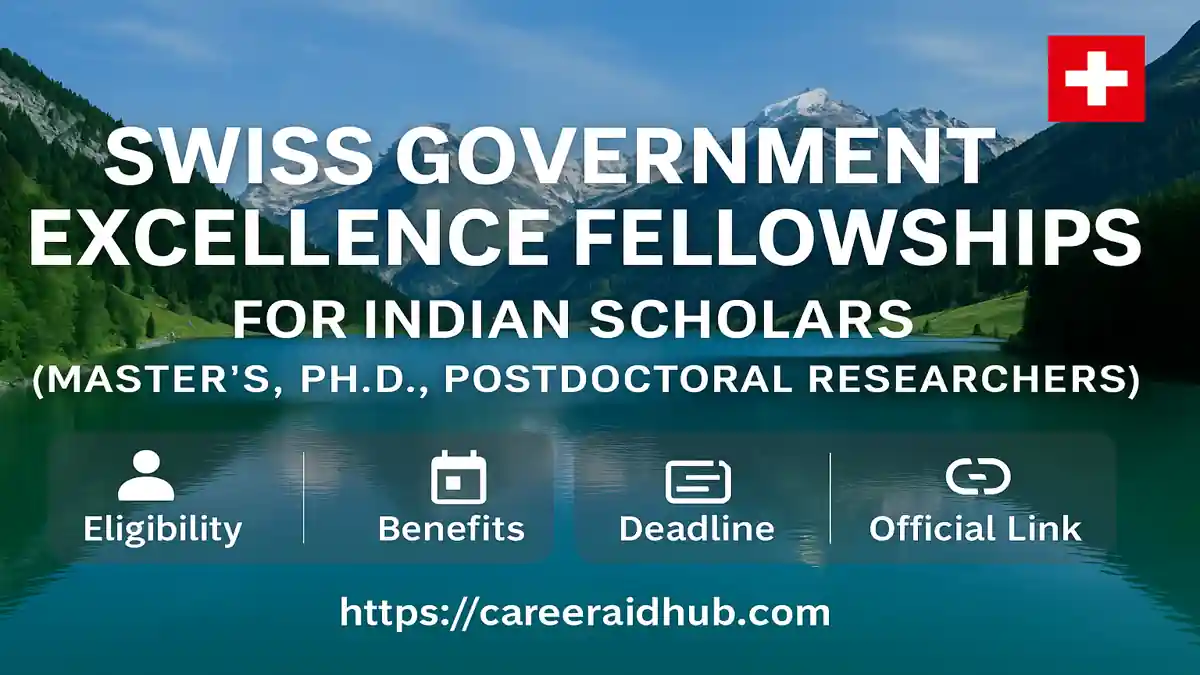The ZUKOnnect Fellowships offered by the Zukunftskolleg at the University of Konstanz, Germany, provide an exceptional opportunity for early-career researchers from the Global South to engage in cutting-edge academic research in an internationally recognized environment. Specifically designed for scholars born and working in Africa, Asia, or Latin America, the fellowship enables them to build academic networks, gain professional exposure, and collaborate with top faculty across the university’s thirteen departments.
Structured to support both doctoral candidates in the final stage of their PhD and postdoctoral researchers within two years of completing their degree, ZUKOnnect offers not only financial support but also a vibrant interdisciplinary research setting. Fellows benefit from a blend of on-site collaboration and digital affiliation, allowing for sustained academic engagement even after the residential phase ends. By fostering equitable access to global research opportunities, this program bridges regional gaps in higher education and contributes to a more inclusive academic future. Whether you’re developing new theories in social science, conducting lab work in the natural sciences, or exploring innovative ideas in the humanities, the ZUKOnnect Fellowship provides the resources and institutional support to elevate your research career on an international scale.
Fellowship Overview
The ZUKOnnect Fellowship is designed for early-career researchers who were both born and currently working in Africa, Asia, or Latin America. Eligible
Final-year PhD candidates
Postdoctoral researchers with degrees conferred after February 15, 2023
Applicants from all thirteen departments at the University of Konstanz—spanning the humanities, natural sciences, social sciences, and mathematics—are welcome. As long as the proposed research aligns with one of the university’s academic divisions, submission is encouraged.
In this feature article, we describe in depth the structure, eligibility criteria, funding package, responsibilities, selection process, and application timeline for the ZUKOnnect Fellowships offered by the Zukunftskolleg, University of Konstanz—designed specifically for scholars born and based in Africa, Asia, or Latin America.
What’s Offered
The Fellowship provides comprehensive support that extends well beyond a standard stipend package.
On‑Campus Research Stipend
Doctoral candidates receive €1,300 per month
Postdoctoral researchers receive €2,000 per month
These amounts follow DAAD guidelines to ensure adequate support during your stay in Germany.
Travel and Project Funding
Coverage of an economy-class round-trip flight to Konstanz and return
A research allowance of up
to €750 to cover project-related expenditures, such as literature, software, or fieldwork
Digital Affiliation Benefits
Up to 12 months of digital engagement with Zukunftskolleg, including remote access to resources
A lump-sum stipend of €900 to support online participation and connectivity
Additional Perks
Full access to University of Konstanz library, IT services, and research support infrastructure
Enrollment in Zukunftskolleg events, seminars, and colloquia
German language instruction—online or on-site (programme for upcoming year to be confirmed)
Participation in the Career Kit Plus series, offering expert-led workshops on academic writing, open access, funding strategy, and career planning
Local integration through the “Fellows go Local” initiative, supporting engagement with the local Konstanz community
Responsibilities & Requirements
ZUKOnnect Fellows are expected to be active participants in the academic community during both the on-site and digital phases.
Residency and Participation
Fellows reside in Konstanz or surrounding areas during their on-campus phase, with support from the university’s Welcome Centre for relocation logistics.
Fellows attend the
weekly interdisciplinary “Jour fixe” meetings, where they present research to peers and faculty.
Scholarly Engagement
Fellows give presentations in departmental seminars or public lectures
Networking across disciplines with faculty, other fellows, and university staff
Submission of a brief activity report within six months of fellowship completion
Formal acknowledgment of Zukunftskolleg support in any resulting publications
Eligibility Criteria
Born and employed in Africa, Asia, or Latin America
Either a final-year PhD student or a postdoc with a degree awarded after February 15, 2023
Must not hold a permanent professorship or equivalent qualification (e.g. habilitation or Venia legendi)
Research proposal must align with one of the University’s thirteen departments
Application via:
Track A: Self-nomination, including naming a University of Konstanz researcher willing to supervise
Track B: Nomination by a junior faculty member at Konstanz
Preference may be given to candidates from under‑represented countries or those collaborating with existing fellows or university Clusters of Excellence (“Politics of Inequality” or “Collective Behaviour”).
Application Timeline & Selection
Timeline
The next application round is expected to open in December 2025. We will update the specific timeline once announced.
The application deadline for the 2025 cycle is projected to fall in early February 2026 (historical pattern indicates late January/early February).
On-site phase typically runs from October to December 2025, with a digital affiliation beginning in August 2025 and extending through mid‑2026 .
Number of Fellowships
Up to eight positions awarded annually
One slot funded by the Manfred Ulmer Foundation
Up to three fellowships supported by the Clusters of Excellence
Selection Criteria
Academic excellence and clear demonstration of scholarly potential
Feasibility and relevance of the proposed research project
Alignment with the University of Konstanz’s research priorities
Geographic diversity, prioritising researchers from under-represented countries
Proven capacity for international collaboration
Are You Eligible?
If you meet all the following—your research is sufficiently developed, you’re based in Africa/Asia/Latin America, and you are prepared to relocate temporarily to Germany—you’re likely a good fit for ZUKOnnect.
Ideal applicants are proactive, interdisciplinary in outlook, and invested in contributing to a globally diverse academic community.
Next Steps for Prospective Applicants
Visit the official fellowship page at the University of Konstanz to monitor updates.
Review the 13 university departments, ensuring your research aligns with one of them.
Identify a suitable University of Konstanz faculty member if applying via Track A.
Prepare application materials:
CV
Motivation letter (max. 2 pages)
Research summary (max. 3 pages incl. references)
Work and time plan (max. 2 pages)
PhD certificate or supervisor confirmation
Reference letter (Track A) or nomination letter (Track B)
Follow internal hyperlinks to related fellowships, research support pages, and cluster pages for further context and networking opportunities.
Expert Insight & Actionable Tips
Mention your potential faculty collaborator by name, and outline how their expertise supports your proposed research.
If your project intersects with topics in politics of inequality or collective behaviour, emphasise this to connect with relevant clusters.
Use quantifiable metrics in your motivation (e.g. papers, data collected, outreach).
Include unique examples of prior cross-cultural or international collaboration to stand out.
Set a review/update reminder every six months to revise application materials or track the application timeline.
Conclusion
The ZUKOnnect Fellowship offers early-career researchers from Africa, Asia, and Latin America an exceptional platform to combine rigorous academic work with professional development and international exposure. It blends financial support, structured mentorship, scholarly engagement, and intercultural integration in one cohesive program.
Applicants can expect to gain visibility within Europe’s academic ecosystem, grow scholarly networks, and develop transferable research and communication skills. Be sure to prepare early, align your research proposal carefully, and monitor the Zukunftskolleg site for the December 2025 call launch. We will update exact dates as soon as they are published.
Quick Summary Table
| Feature | Details |
|---|---|
| Program Name | ZUKOnnect Fellowships |
| Host Country | Germany |
| Funded By | Zukunftskolleg, University of Konstanz; Manfred Ulmer Foundation; Clusters of Excellence |
| Duration | Up to 3 months (on-site) + 12 months (digital affiliation) |
| Study Mode | Full-time (on-campus) + Digital Affiliation (remote) |
| Eligibility | Early-career researchers born and based in Africa, Asia, or Latin America |
| Academic Level | Final-year PhD students or Postdocs (PhD awarded after Feb 15, 2023) |
| Financial Support | – €1,300/month (doctoral) – €2,000/month (postdoctoral) – Travel support – €750 research costs – €900 digital lump sum |
| Fields of Study | All disciplines under the 13 departments at University of Konstanz |
| Application Tracks | Track A: Self-nomination Track B: Faculty nomination |
| Number of Fellowships | Up to 8 per year |
| Preferred Applicants | Candidates from underrepresented countries or linked to Clusters of Excellence |
| Deadline | Expected December 2025 (We will update soon) |
| Official Website | University of Konstanz – ZUKOnnect Fellowship |
Frequently Asked Questions (FAQs)
The ZUKOnnect Fellowship is a fully funded research program for early-career scholars from Africa, Asia, and Latin America hosted by the University of Konstanz in Germany.
Eligible applicants must be early-career researchers born and based in Africa, Asia, or Latin America, holding a recent PhD or currently in the final year of their doctorate.
Applicants must submit a CV, motivation letter, research proposal, and reference or nomination letter via the University of Konstanz’s online portal during the open application cycle.
ZUKOnnect Fellows receive €1,300 monthly if pursuing a PhD, and €2,000 monthly if postdoctoral, along with travel and research expense support.
The fellowship application typically opens in December each year. Candidates are advised to prepare documents in advance and regularly check the official website.
The in-person fellowship lasts up to 3 months, with an optional 12-month digital affiliation to maintain research collaboration remotely.
Yes, you can apply independently through Track A, but you must name a University of Konstanz faculty member willing to mentor your project.
The program accepts applications from all disciplines offered by the University’s 13 departments, including natural sciences, humanities, and social sciences.
Yes, the program provides one economy-class return airfare and a research allowance of up to €750, plus an additional digital affiliation grant.
Strong research alignment, academic excellence, underrepresented geographic origin, and connection to faculty or research clusters improve selection prospects.

